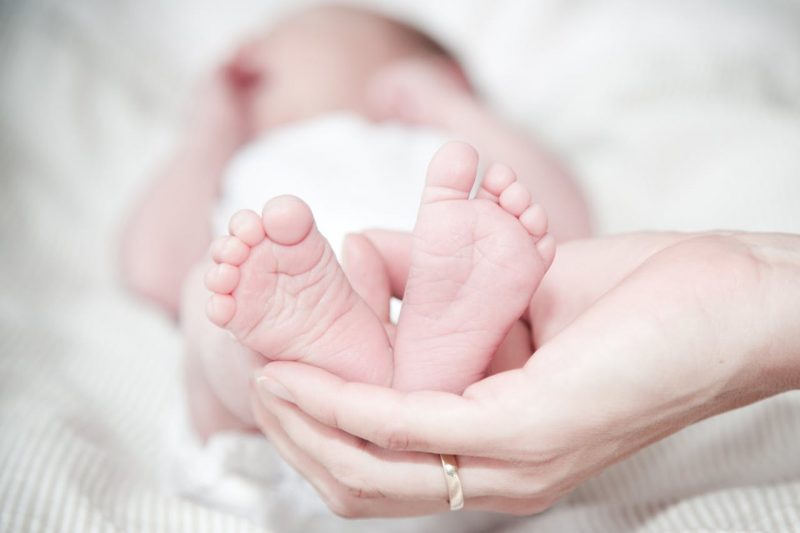
Are Trump’s Pronatalist Policies Good for Kids?

Kids are at the center of every debate about America’s future, and now they are at the heart of Trump’s newest policy push: Get Americans to have more of them. Inspired by billionaire dads and fringe pronatalist thinkers, the Trump team is floating ideas like a $5,000 “baby bonus” and even a “National Medal of Motherhood.”
But do these plans actually help kids, or just use them as political props?
Most people agree that raising kids in America is harder than it should be. Child care costs more than college in some places. Diapers, formula, rent – it all adds up. So when a government starts talking about baby bonuses, it is fair to ask: Will any of this make life better for kids?
A Cash Bonus Sounds Nice. But Is It Enough?
For kids, money helps. It really does. That $5,000 bonus might not go far in big cities, but it could buy a few months of diapers, cover a hospital bill, or help a parent stay home with a newborn a little longer.
And when babies get more time with parents during those early months, everyone wins. The research backs it up – babies are healthier, and parents feel more supported.
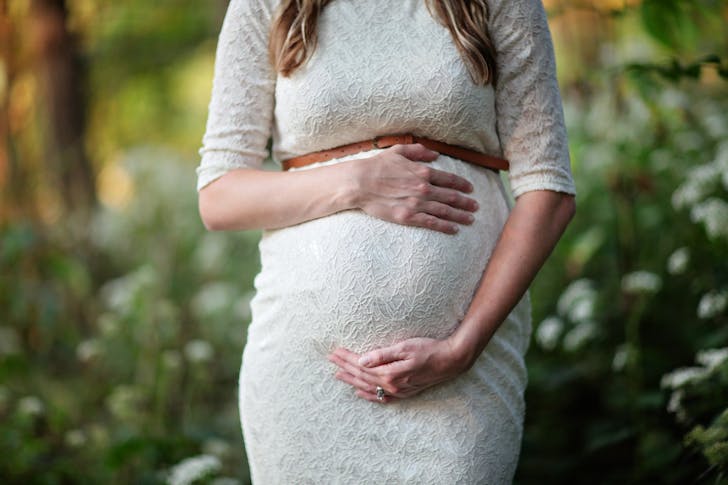
Leah / Pexels / Karen Guzzo, a family demographer, points out that a one-time check won’t fix long-term struggles. What families need is steady support.
Think monthly payments, not one-off bonuses. When families feel stable, kids thrive. When they are stressed and strapped, kids pay the price.
We Already Had a Plan That Worked. Then We Canceled It.
America already tested a better idea. Under the Biden administration, the expanded child tax credit gave families between $3,000 and $3,600 per child. It wasn’t flashy. It was not a handout for having lots of babies. But it worked. Child poverty dropped to record lows. Fewer kids went hungry. Families breathed a little easier.
Then it ended. And like clockwork, child poverty shot back up. Some Republicans say they want to bring it back, but the politics are murky. Meanwhile, Trump’s talking about medals and bonuses instead.
Guzzo called it “frustrating.” Why build new ideas when the old ones actually helped kids in real ways?
Medals for Moms?
One proposal floating around is a “National Medal of Motherhood” for women who have six or more kids. It is meant to encourage big families, but it has sparked strong reactions. Critics say it echoes policies from past regimes that used motherhood for political gain, not family well-being.
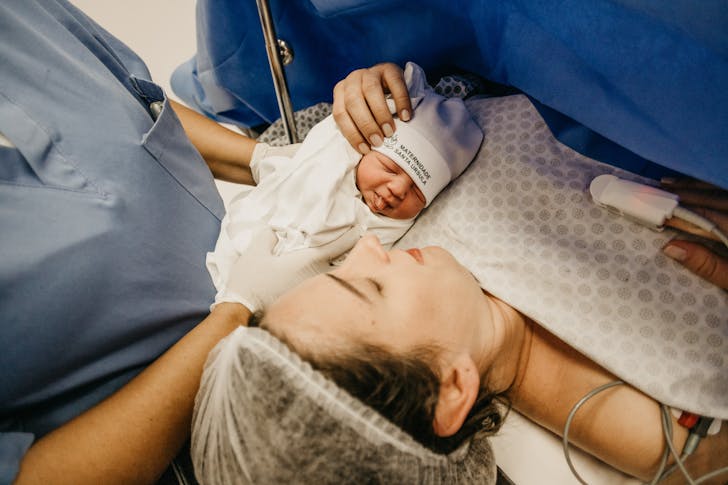
Jonathan / Pexels / Philip Cohen, a sociologist who studies family trends, says flat out: This won’t help kids. Not directly. It doesn’t ease financial strain.
It doesn’t fix child care. It doesn’t make schools better. It is just symbolism. And kids don’t need medals. They need housing, food, care, and stability.
More Kids = Less Care?
If we push people to have more kids, can we support them? The U.S. ranks low among wealthy countries when it comes to child care, parental leave, and family benefits. Asking people to raise big families without changing those systems is like asking someone to run a marathon barefoot.
And when families stretch too thin, it is kids who lose out. More siblings can mean less time, fewer resources, and more stress. Big families can be great – if they have strong support.
But right now, America doesn’t provide that. So, encouraging more births without fixing the basics is NOT a solution.
Pronatalist thinkers talk a lot about declining birth rates. They worry that without more babies, the economy will slow, Social Security will collapse, and America will fade. But that is not the same as caring about kids.
If we truly cared about kids, we would invest in schools, health care, child care, and safety. We would ask what they need, not just how many of them we can produce.
More in Family
-
`
5 Things We Lose As a Society When Teens Don’t Babysit
Babysitting used to be a rite of passage for teens. It wasn’t just about earning pocket money. It built trust, responsibility,...
September 27, 2025 -
`
Michael Jackson’s Biopic is Filled With “Full-Blown Lies,” Daughter Paris Jackson Says
Michael Jackson’s daughter, Paris Jackson, is calling out the upcoming biopic “Michael” for what she says it really is – “full-blown...
September 20, 2025 -
`
Back-to-School Season Is Here! Here’s How Families Can Save Money
Back-to-school season is here, and so is the money stress. Prices are higher, budgets are tighter, and families everywhere are trying...
September 12, 2025 -
`
This Psychology-Backed Hack Makes Parenting A Lot Easier
Here is something that sounds backwards but is 100% real. Moms with one kid often feel more tired and stressed than...
September 6, 2025 -
`
Do Students Actually Learn Anything in School?
Mindfulness is now a regular part of school life for over a million students in the U.S. It promises to help...
August 29, 2025 -
`
“The Walking Dead” Actress Kelly Mack Dies at Just 33
At only 33, actress Kelly Mack has died, leaving behind grieving fans and friends in the film community. Best known for...
August 23, 2025 -
`
How to Market Your Tech Business for Billion-Dollar Growth in Dubai
Dubai’s business scene is exploding at a rapid pace. With a tech ecosystem valued at $43 billion in 2025 and ten...
August 15, 2025 -
`
Michelle Obama’s ‘Parenting Wisdom’ Earns Her a Next Gen Award
Michelle Obama is being recognized for what millions already admire her for: keeping it real, especially when it comes to parenting....
August 10, 2025 -
`
How to Make Good Habits Stick For Long? 5 Practical Tips
Good habits can change your life, but keeping them alive is the real challenge. Many people start strong and then slowly...
August 3, 2025

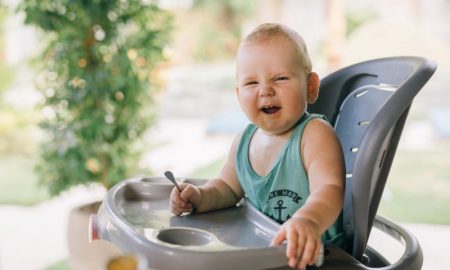






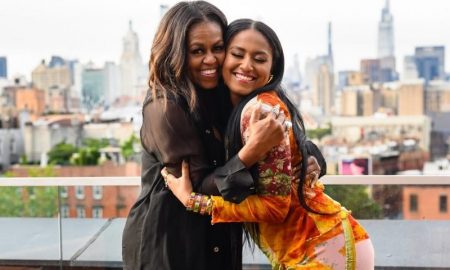

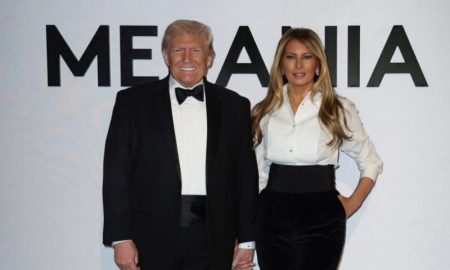
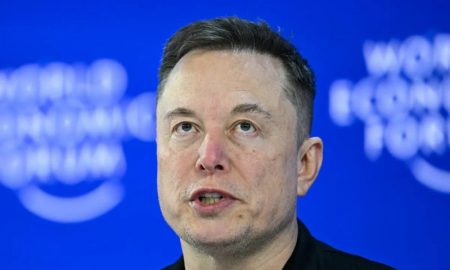



You must be logged in to post a comment Login